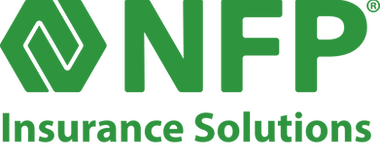Welcome to NJ4S Union Hub’s Webinar Series! In our latest session, titled “What is Neurodivergence?” Rachael Scarinci, an esteemed advocate and educator, provides an illuminating presentation on understanding and embracing neurodivergence. This webinar is part of our special programming for Disability Awareness Month.
In this comprehensive and engaging session, Rachael Scarinci explains the concept of neurodivergence, highlighting the natural variations in the human brain that influence sociability, learning, attention, mood, and other mental functions. She emphasizes that conditions like autism, ADHD, and dyslexia represent unique ways of thinking and processing the world, rather than deficits.
What You’ll Learn:
- Core Concepts of Neurodivergence: Understand the meaning and scope of neurodivergence.
- Strengths and Challenges: Explore the strengths and challenges faced by neurodivergent individuals.
- Advocacy for Inclusion: Learn strategies for advocating acceptance and fostering inclusive environments.
- Supporting Neurodivergent Individuals: Discover practical ways to support and empower neurodivergent individuals in various settings.
Whether you’re an educator, a caregiver, a professional, or someone interested in promoting inclusivity, this webinar offers valuable insights and practical advice for understanding and supporting neurodivergence. Gain a deeper appreciation for the diverse neurotypes and contribute to a more inclusive and supportive society.
Join us in this essential conversation as we prioritize understanding, acceptance, and support for neurodivergent individuals. By fostering inclusive communities, we can ensure that everyone has the opportunity to thrive.
Stay tuned for more educational and empowering sessions as part of our ongoing webinar series. Subscribe to our channel and hit the notification bell to stay updated on upcoming discussions and content.
For inquiries, contact us at nj4sunion@preventionlinks.org.
Disclaimer: The information provided in this webinar is for educational purposes only and is not intended as a substitute for professional advice. Always seek the guidance of a qualified mental health professional with any questions you may have regarding your condition..



